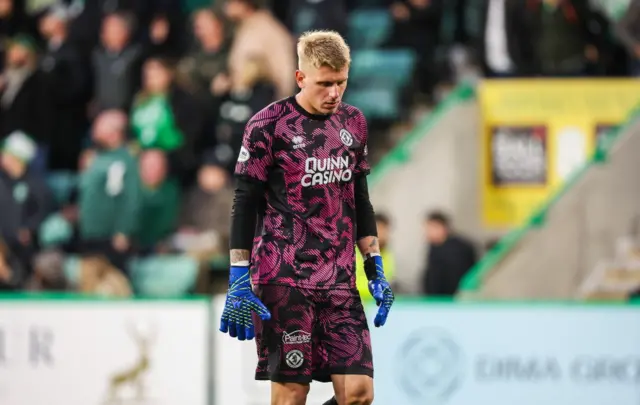Lets tighten things up...
After a fantastic win against New Firm rivals Aberdeen, the boys in tangerine look like they are laying the foundations for another high-flying season. Five games into the campaign, “Gorgeous Jim’s” side sit proudly in third place. The big question now is: can they consolidate this position in the weeks ahead?

Last season’s success was built on defensive solidity. Excluding Celtic and Rangers, United conceded the fewest goals of any team before the split. But just how vital were United’s four key defensive options to that achievement?

Kevin “King” Holt was outstanding. Before his departure for the Emerald Isle, United lost just 33% of their matches; after he left, that figure jumped to 55%. His impact was clear in the numbers too — Holt’s positive outcome challenge percentage (POCP) was central to securing a top-six finish.
So what exactly is POCP? It’s a way of measuring how effective a defender is at winning challenges without giving away too many fouls. It takes into account the number of tackles and interceptions a player makes, and then weighs that against how often they foul their opponent. In other words, the fewer fouls relative to their successful interventions, the stronger the POCP. Without Holt’s contribution, United’s combined POCP in 2024/25 would have dropped from 67.7% to 63.2%. Illustrating how important this number was to United´s success.
So, how are the new lads faring?

A Dutchman, a Hungarian, and a Moldovan walk into a bar… or more accurately, the Dundee United dressing room at the start of the 2025/26 season. It’s already been a rollercoaster for the new-look defence. Despite keeping two clean sheets in their opening five fixtures, they’ve also conceded eight goals — more than double the tally at this stage last season.

Individually, Esselink and Keresztes have impressed. Both are averaging POCP scores higher than last year’s defensive quartet (67.7%), showing they win challenges without conceding unnecessary fouls. However, when you factor in Lovu, the combined number dips to 62.4%, reflecting a slight imbalance in the unit.
Iovu’s case is more troubling. His POCP is dragged down by discipline: 15 fouls in just six games. Because fouls count against the measure, even strong tackling numbers can’t offset the damage to his score. In fact, Iovu leads the league for fouls committed by defenders — five more than anyone else. There are signs of progress though. In Tuesday night’s demolition of Aberdeen, the 6’5” Moldovan international managed just two fouls, suggesting he might be learning to time his challenges better. But if he can’t keep his numbers under control, what are United’s alternatives?

The obvious replacement is club captain Ross Graham. Combining his 2024/25 POCP with those of Keresztes and Esselink not only lifts the back line above Iovu’s current output, it actually projects higher than last season’s defensive average. Another short-term option is to give Sam Cleall-Harding a chance. However, with only four first-team appearances, his sample size is too small to project an accurate POCP, making him more of a gamble.
In conclusion: get well soon Ross Graham!!!




